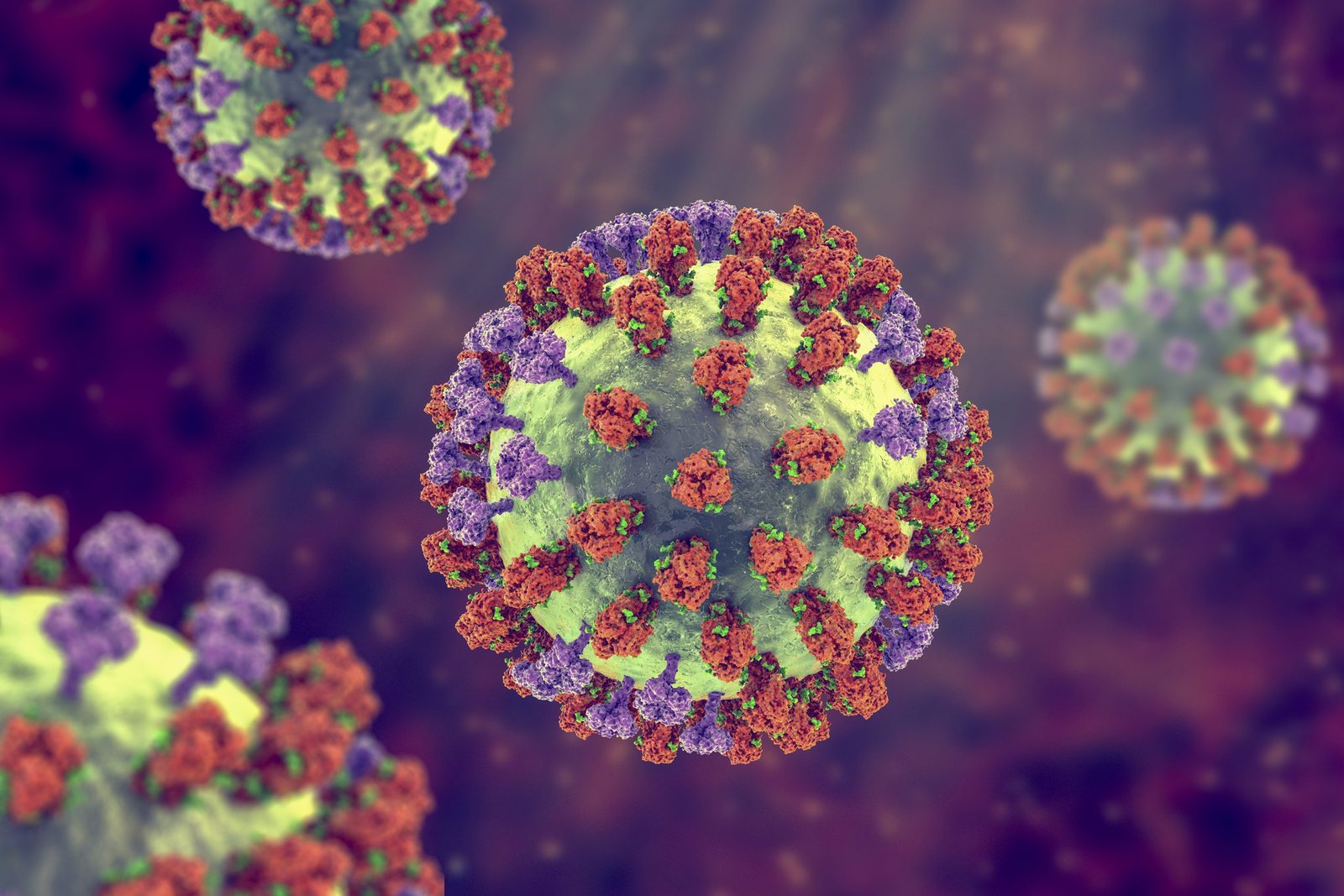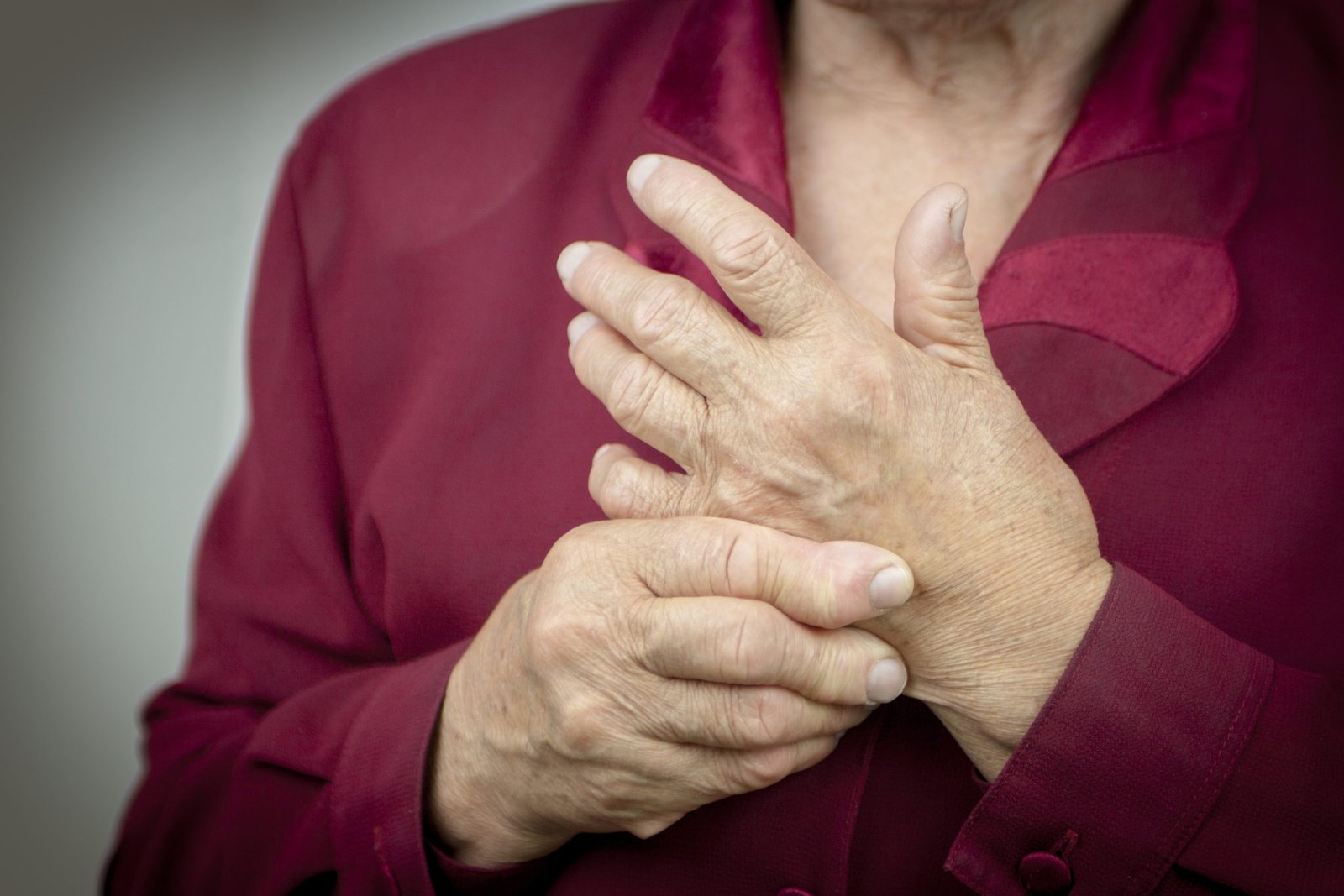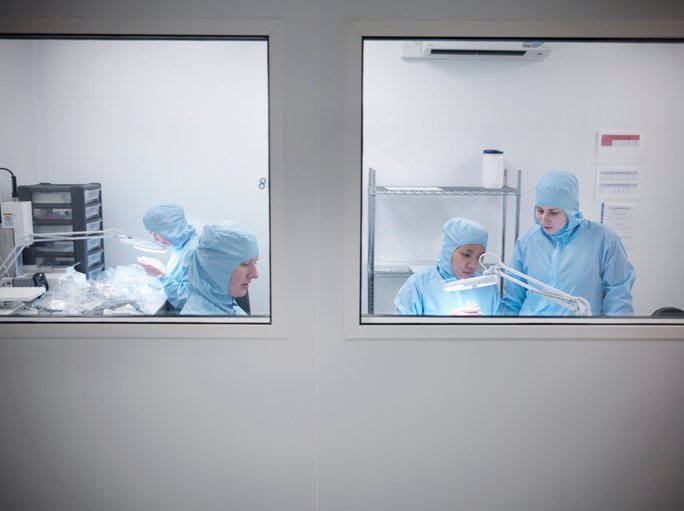Researchers at the University of Colorado (CU) Anschutz Medical Campus, Montefiore Einstein Comprehensive Cancer Center (MECCC), and Utrecht University have found what they suggest is the first direct evidence that common respiratory infections, including COVID-19 and influenza, can awaken dormant breast cancer cells that have spread to the lungs, setting the stage for new metastatic tumors. The findings, obtained in mice, were subsequently supported by data analyses showing increases in death and in metastatic lung disease among human cancer survivors infected with SARS-CoV-2.
“Our findings indicate that individuals with a history of cancer may benefit from taking precautions against respiratory viruses, such as vaccination when available, and discussing any concerns with their healthcare providers,” said study co-lead Julio Aguirre-Ghiso, PhD, director of MECCC’s Cancer Dormancy Institute, professor of cell biology, of oncology, and of medicine and the Rose C. Falkenstein Chair in Cancer Research at Albert Einstein College of Medicine.
The study was co-led by senior author and deputy director of CU Cancer Center James DeGregori, PhD, and also by Mercedes Rincon, PhD, at CU Anschutz, and Roel Vermeulen, PhD, at Utrecht University and Imperial College London. “This complex and multidisciplinary study truly took a village,” said DeGregori.
The researchers reported on their findings in Nature, in a paper titled “Respiratory viral infections awaken metastatic breast cancer cells in lungs,” in which they concluded that their discoveries “… underscore the huge impact of respiratory viral infections on metastatic cancer resurgence, offering new insights into the connection between infectious diseases and cancer metastasis.”
“Breast cancer is the second most common cancer globally, with most deaths caused by metastatic disease, often following long periods of clinical dormancy,” the authors wrote. Prior to their newly reported study, some evidence had suggested that inflammatory processes can awaken disseminated cancer cells (DCCs)—cells that have broken away from a primary tumor and spread to distant organs, often lying dormant for extended periods. “After initial remission, DCCs can stay dormant for years to decades before metastatic relapse, most commonly in lung, bone, and liver,” the team continued. “Understanding the mechanisms that disrupt the quiescence of dormant disseminated cancer cells (DCCs) is crucial for addressing metastatic progression.”
Infections caused by respiratory viruses such as influenza and SARS-CoV-2 trigger both local and systemic inflammation, they pointed out, and “importantly, microenvironmental perturbations, such as those caused by increased inflammation, can be sufficient to increase metastasis.”
Aguirre-Ghiso, who also serves as leader of MECCC’s Tumor Microenvironment and Metastasis Research Program, noted, “During the COVID-19 pandemic, anecdotal reports suggested a possible increase in cancer death rates, bolstering the idea that severe inflammation might contribute to arousing dormant DCCs.” In their paper the authors further noted, the observation that death rates from cancer rose in the first two years of the COVID-19 pandemic “which is not fully accounted for by COVID-19 deaths or delayed screening and treatment,” prompts the hypothesis “… that pulmonary viral infections increase cancer deaths by triggering the development of metastases from dormant DCCs.”
For their reported study, the researchers tested this hypothesis using the Aguirre-Ghiso laboratory’s unique mouse models of metastatic breast cancer (MMTV-Her2), which include dormant DCCs in the lungs and therefore closely resemble a key feature of the disease in humans. The researchers exposed mice to SARS-CoV-2 or influenza A virus (IAV). They found that in both cases, the respiratory infections triggered the awakening of dormant DCCs in the lungs, leading to a massive expansion of metastatic cells within days of infection and the appearance of metastatic lesions within two weeks.
![Influenza (flu) virus infection results in the awakening and expansion of dormant cancers cells in the lungs of mice. The cancer cells are marked with green, and the proliferation marker is in magenta. Similar results were obtained with SARS-CoV2 infection. [Bryan Johnson]](https://www.genengnews.com/wp-content/uploads/2025/07/v2.webp)
“… influenza and SARS-CoV-2 infections lead to loss of the pro-dormancy phenotype in breast DCCs in the lung, causing DCC proliferation within days of infection and a massive expansion of carcinoma cells into metastatic lesions within two weeks,” they stated. DeGregori commented, “Dormant cancer cells are like the embers left in an abandoned campfire, and respiratory viruses are like a strong wind that reignites the flames.”
Molecular analyses revealed that the awakening of dormant DCCs is driven by interleukin-6 (IL-6), a protein that immune cells release in response to infections or injuries. Their experimental results, the investigators noted, “… indicate that IAV infection-triggered IL-6 has a key role in mediating the awakening of dormant DCCs.” The identification of IL-6 as a key mediator in arousing DCCs from dormancy suggests that using IL-6 inhibitors or other targeted immunotherapies might prevent or lessen the resurgence of metastasis following viral infection,” said Aguirre-Ghiso.
The COVID-19 pandemic offered a unique opportunity to investigate the effect of respiratory virus infections—in this case from the SARS-CoV-2 virus—on cancer progression. The research team analyzed two large databases and found support for their hypothesis that respiratory infections in cancer patients in remission are linked to cancer metastasis.
The UK Biobank is a general population cohort in which some of the more than 500,000 participants were diagnosed with cancer and other diseases prior to the COVID-19 pandemic.
Researchers from Utrecht University and Imperial College London investigated whether a COVID-19 infection increased the risk of cancer-related mortality among participants with cancer. They focused on cancer survivors who had been diagnosed at least five years before the pandemic, ensuring they were likely in remission. Among them, 487 individuals tested positive for COVID-19, and these were compared to 4,350 matched controls who tested negative.
![Influenza (flu) virus infection results in the awakening and expansion of dormant cancers cells in the lungs of mice. The cancer cells are marked with green, and the proliferation marker is in magenta. Similar results were obtained with SARS-CoV2 infection. [Michael DeGregori]](https://www.genengnews.com/wp-content/uploads/2025/07/v3-225x300.webp)
After excluding those cancer patients who died from COVID-19, the researchers found that cancer patients who tested positive for COVID-19 faced an almost doubling of risk of dying from cancer compared to those patients with cancer who had tested negative. “The effect was most pronounced in the first year after infection,” said Vermeulen. The rapid progression to cancer mirrors the observed quick expansion of dormant cancer cells in the animal models. “Although species differences warrant caution in interpreting mouse data, UK Biobank analyses show that cancer survivors had increased cancer mortality after SARS-CoV-2 infection,” the authors noted. “This risk peaked in the months after infection, paralleling mouse models showing greater than 100-fold DCC expansion into metastatic lesions within two weeks.”
From the second population study, the U.S. Flatiron Health database, researchers Junxiao Hu, PhD, and Dexiang Gao, PhD, drew data pertaining to female breast cancer patients seen at 280 U.S. cancer clinics. They compared the incidence of metastases to the lung among COVID-19-negative patients and COVID-19-positive patients (36,216 and 532 patients respectively). During the follow-up period of approximately 52 months, those patients who developed COVID-19 were almost 50% more likely to experience metastatic progression to the lungs compared with patients with breast cancer without a diagnosis of COVID-19.
“Analyses based on the Flatiron Health database further reveal a marked rise in metastatic lung disease among breast cancer survivors following COVID-19,” they stated. “Our findings suggest that cancer survivors may be at increased risk of metastatic relapse after common respiratory viral infections,” said Vermeulen. “It is important to note that our study focused on the period before COVID-19 vaccines were available.”
The authors, in addition, commented, “Collectively, these findings underscore the substantial metastatic risk COVID-19 posed to cancer survivors, with dormant DCC reactivation potentially driving this phenomenon.”
DeGregori noted, “By understanding underlying mechanisms, we will work hard to develop interventions that can limit the risk of metastatic progression in cancer survivors who experience respiratory viral infections. We also plan to extend our analyses, both in animal models and through mining of clinical data, to other cancer types and other sites of metastatic disease. Respiratory viral infections are forever a part of our lives, so we need to understand the longer-term consequences of these infections.”
The authors say that their studies reinforce the importance of developing approaches to minimize the risk of awakening lung DCCs and metastatic disease in millions of cancer survivors who experience respiratory virus infections. And in conclusion, they wrote, “… our studies reveal how respiratory virus infections can increase cancer recurrence risk and underscore the need for public health and clinical strategies to mitigate the increased risk of metastatic progression associated with SARS-CoV-2 and other respiratory virus infections.”
In a related News & Views, Brooke P. Dresden, PhD, and John F. Alcorn, PhD, at UPMC Children’s Hospital of Pittsburgh, suggest the reported study by Degregori et al. highlights the need for future work on the mechanisms linking respiratory viruses and dormancy exit of DCCs. They further commented, “When the underlying processes are more clearly understood, perhaps treatments might be investigated using existing therapeutics such as drugs that inhibit IL-6. The findings raise the question of whether there is a need to begin testing people in cancer remission during viral season to check whether any previously dormant DCCs have begun to proliferate.”
The post Common Respiratory Viral Infections Awaken Dormant Breast Cancer Cells in Lungs appeared first on GEN – Genetic Engineering and Biotechnology News.




